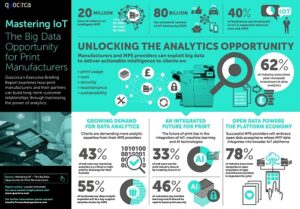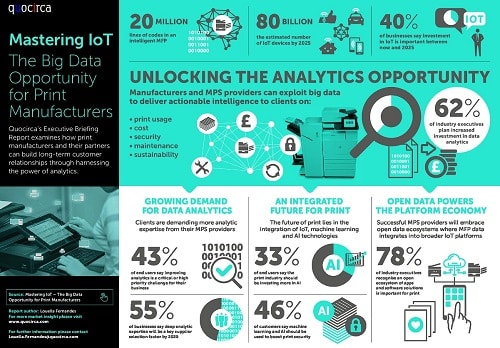In recent years, the use of big data in education has been growing rapidly. Big data is defined as large amounts of data that can be analyzed to reveal patterns, trends, and associations. The potential benefits of using big data in education are enormous, including improving student outcomes, personalizing learning experiences, and reducing costs. However, there are also significant challenges and risks associated with the use of big data in education. In this article, we will explore the opportunities and challenges of using big data in education and what the future of education might look like as a result.
Opportunities of Using Big Data in Education
Personalized Learning
One of the main benefits of using big data in education is the ability to personalize learning experiences for students. With big data analytics, educators can collect and analyze data on students’ learning habits, strengths, and weaknesses. This information can then be used to tailor instruction to individual students’ needs, providing them with a more personalized learning experience. Personalized learning has been shown to improve student outcomes and engagement, making it a highly desirable outcome for educators.
Improved Student Outcomes
Another opportunity of using big data in education is the potential for improved student outcomes. By analyzing data on student performance, educators can identify areas where students may be struggling and adjust instruction accordingly. Additionally, big data can be used to identify factors that contribute to student success, such as attendance rates, engagement levels, and access to resources. By addressing these factors, educators can help students achieve better outcomes and reach their full potential.
Cost Savings
Using big data in education can also lead to cost savings. By analyzing data on resource usage and student outcomes, educators can identify areas where resources are being underutilized or wasted. This information can then be used to make more informed decisions about resource allocation, ultimately leading to cost savings.
Challenges of Using Big Data in Education
Privacy Concerns
One of the main challenges of using big data in education is privacy concerns. Student data is sensitive and must be handled with care to ensure that it is not misused or shared without proper consent. Additionally, the use of big data in education can raise questions about who has access to the data and how it is being used. To address these concerns, it is essential to have clear policies and protocols in place for data collection, storage, and sharing.
Data Quality
Another challenge of using big data in education is data quality. To be useful, data must be accurate, relevant, and timely. However, data quality can be compromised by a variety of factors, including data entry errors, data collection biases, and data silos. To ensure that data is of high quality, it is essential to have effective data collection and management processes in place.
Teacher Training
Finally, the use of big data in education requires specialized skills and knowledge. Educators must be trained in data analysis and interpretation to effectively use big data to improve student outcomes. However, many educators may not have the necessary skills or knowledge to effectively use big data. To address this challenge, it is essential to provide adequate training and professional development opportunities for educators.
The Future of Education with Big Data
Despite the challenges associated with using big data in education, the potential benefits are too significant to ignore. As a result, the use of big data in education is likely to continue to grow in the future. In the coming years, we can expect to see more personalized learning experiences, improved student outcomes, and cost savings as a result of the use of big data in education. Additionally, we may see the emergence of new technologies and tools that make it easier for educators to collect, analyze, and interpret data.
FAQ
What is big data?
Big data is defined as large amounts of data that can be analyzed to reveal patterns, trends, and associations. In education, big data can refer to a wide variety of data sources, including student performance data, attendance data, resource usage data, and more. By analyzing these data sources, educators can gain insights into student learning habits, identify areas where students may be struggling, and make more informed decisions about resource allocation.
What are the benefits of using big data in education?
The benefits of using big data in education are numerous. One of the main benefits is the ability to personalize learning experiences for students. By analyzing data on student learning habits, educators can tailor instruction to individual students’ needs, providing them with a more personalized learning experience. Additionally, big data can be used to improve student outcomes by identifying areas where students may be struggling and adjusting instruction accordingly. Finally, using big data in education can lead to cost savings by identifying areas where resources are being underutilized or wasted.
What are the challenges of using big data in education?
One of the main challenges of using big data in education is privacy concerns. Student data is sensitive and must be handled with care to ensure that it is not misused or shared without proper consent. Additionally, the use of big data in education requires specialized skills and knowledge, which may not be available to all educators. Finally, data quality can be compromised by a variety of factors, including data entry errors, data collection biases, and data silos.
What is the future of education with big data?
The future of education with big data is likely to be characterized by more personalized learning experiences, improved student outcomes, and cost savings. Additionally, we may see the emergence of new technologies and tools that make it easier for educators to collect, analyze, and interpret data. However, addressing the challenges associated with using big data in education, such as privacy concerns and data quality issues, will be critical to realizing the full potential of big data in education.

